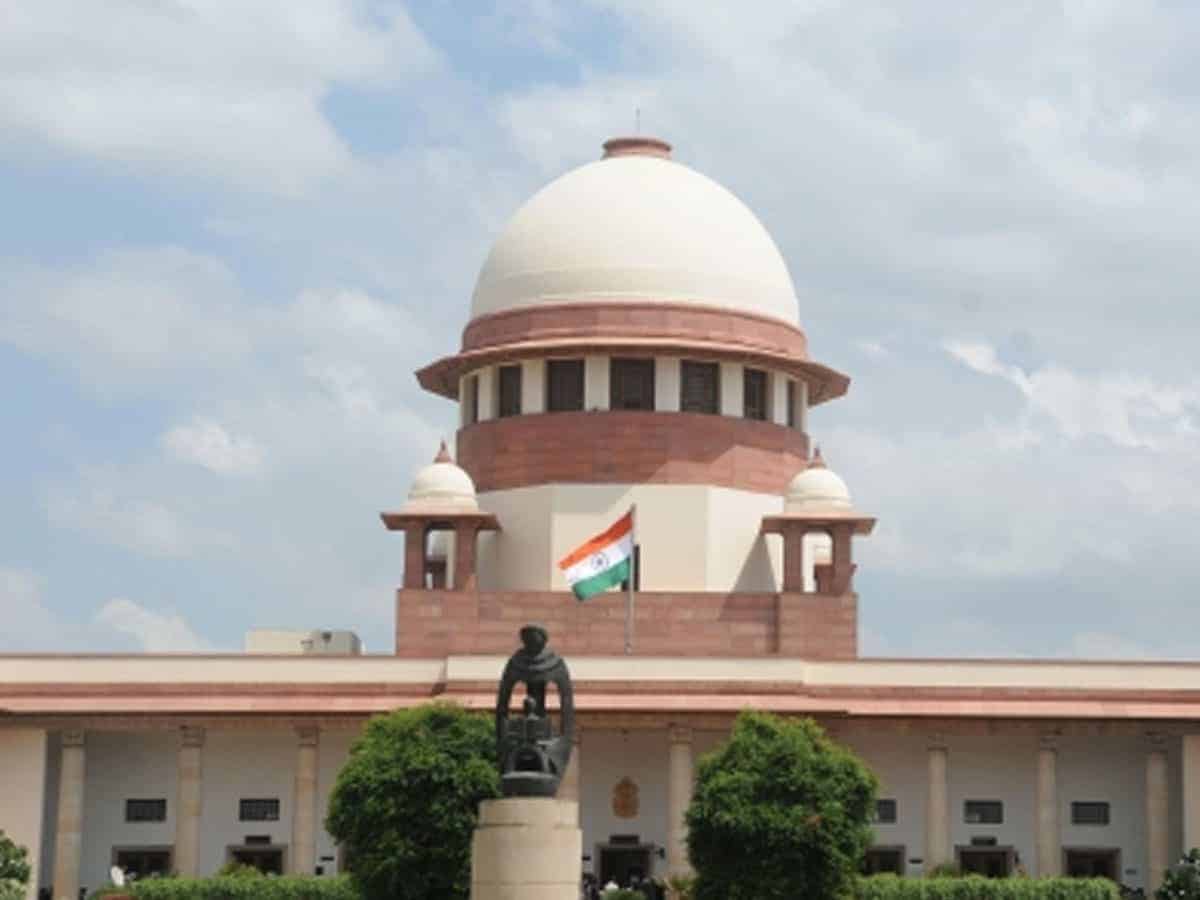
New Delhi: The Supreme Court on Monday asked all Chief Justices of high courts to take a favourable view on the infrastructure in place for virtual hearings and not insist on physical presence of lawyers before the court.
A bench, headed by Chief Justice of India D.Y. Chandrachud, said: “What some of the Chief Justices are doing is… all the money which we have spent, they’re just disbanding the technological infrastructure which we have created for virtual hearings”.
“Irrespective of whether a Chief Justice is technology-friendly or not, this is not how you deal with public money. You have to ensure that infrastructure is available.”
The top court noted the government has announced in the budget that Rs 7,000 crore would be made available for e-courts, which will be used for infrastructure improvement in all the district courts also.
The bench, also comprising Justices P.S. Narasimha and J.B. Pardiwala, stressed that the high courts need to learn that technology has to be used and this is public money (budget allocation). It further pointed out that some of the Chief Justices are not allowing virtual hearings and it is disturbing.
It said the judges must understand that technology is not just for the pandemic, instead it is here to stay for future and they should not insist on physical presence of lawyers.
“We’ll formulate an order and pass.”
“Our mission is to reach out to people. Lawyers who cannot understand English. We will translate judgments for them. Technology is doing that…” it said.
The bench asked Bar Council of India Chairman Manan Kumar Mishra on why he cannot call a report from Bar Councils of various states on steps to be taken to improve the use of technology for the lawyers. The bench told Mishra, “Technology should not result in exclusion and you can collect the data and place it before the court…”
The top court made these observations while hearing a matter for declaring a virtual hearing as part of fundamental rights.



